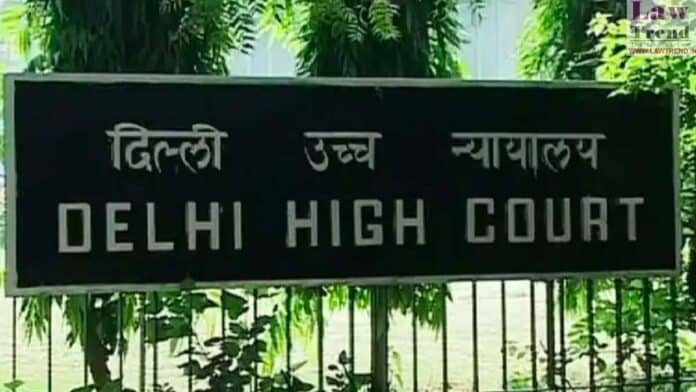The Delhi High Court Friday upheld the imposition of Rs 2.92 crore luxury tax on Delhi Gymkhana Club by the city government in 2014.
The high court rejected the plea by the club challenging the demand raised under the Delhi Tax on Luxuries Act.
“Accordingly, while we uphold the impugned order and negative the challenge raised, we only observe that the decision of the Commissioner (Entertainment and Luxury Tax) assailed before us shall not be liable to be treated as a precedent for any assessment period post the promulgation of the 2012 Amendment Act.
“Any assessments made or proceedings pending would have to be considered bearing in mind the observations rendered hereinabove,” a bench of justices Yashwant Varma and Ravinder Dudeja said.
In July 2014 when the plea was filed, the high court had asked the club to pay Rs 1.45 crore, out of total Rs 2.92 crore for three accounting years – 2009-10, 2010-11 and 2011-12 – as luxury tax to the city government.
The court had asked the club to make part payment of the tax due to the government as a pre-condition to hear its plea that it cannot be levied as the club serves to members only.
Also Read
It had also asked the Delhi government to lift the attachment order passed against the club and issued notices to the Excise, Entertainment and Luxury Tax Department.
The membership of the club is highly sought after by Delhi’s powerful elite.
The high court’s judgment came on a petition filed by Delhi Gymkhana Club alleging that the order passed on July 1, 2014 asking it to pay tax of Rs 2.92 crore within seven days under the Delhi Tax on Luxuries Act was “wrong and was done without hearing it”.
The petitioner has said it is a social club, governed by the principle of “mutuality” and that it was a mutual benefit association and its various activities were confined to its members.
The club’s counsel had earlier argued that the government department has considered the club as a hotelier and demanded the luxury tax on the amount collected from its members for making available accommodation to them.




